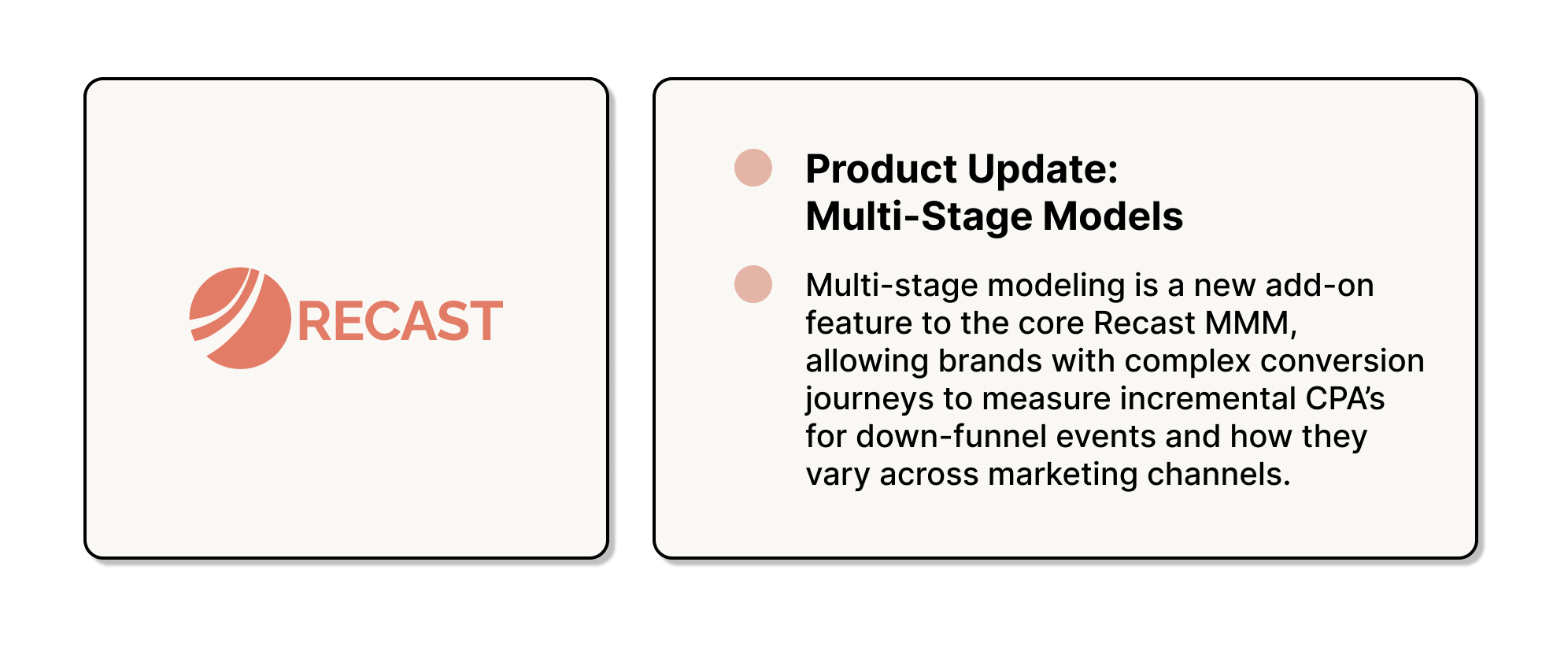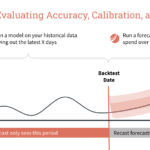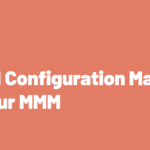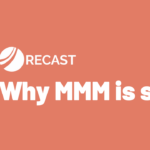Many businesses face tough challenges when it comes to measuring marketing incrementality because the nature of their product implies conversions that happen at multiple stages. Marketing activity drives new users or customers to the first stage, and then some proportion of those customers “convert” into a subsequent stage. This may look like conversion between:
- Free trial and paid subscription
- Account creation to account funded (e.g., fintech)
- Submitting an application to application approved (e.g., insurance)
- MQL to SQL or to closed-won deal
For these types of businesses it can be very difficult to assess the “true” incrementality of marketing programs because the customer action most likely driven by marketing is not the customer action that drives profit for the business. This can lead to the problem where a brand identifies a channel that is highly incremental when driving free trials (e.g., via a conversion lift study) but it could be that those free trials convert to paid at a lower rate than their other channels, and so that channel isn’t actually very profitable once you take into account the lower quality of customers it’s driving.
This is a problem for both geographic lift test experiments as well as for media mix models since the endpoint that will have the most signal (the first step in the conversion funnel) could potentially be misleading if different marketing channels drive customers of varying quality.
As part of our continuous effort to push the frontier of marketing science, we’ve recently released the ability for brands using Recast to build multi-stage MMMs. As far as we are aware, this methodology is entirely novel and combines Recast’s best-in-class marketing mix model with a kaplan-meier style survival model that helps companies understand the down-funnel impact of their marketing when their product has a multi-stage conversion funnel.
As always, the details on the modeling approach are available in the Recast docs, but the idea is pretty straightforward. Let’s imagine a business that has a free-trial-signup to paid-subscription conversion funnel.
- First, Recast estimates a “normal” MMM using the free-trial-signup endpoint as the KPI for the model
- Then, Recast estimates a survival model that can not only predict the long-term conversion rate post trial signup, but also estimates how that conversion rate differs by marketing channel
With these two models, Recast can then estimate the incremental cost-per-acquisition (CPA) by marketing channel of driving customers to free trial, but also the incremental CPA for driving eventual conversions to paid, and how that might vary by different marketing channels.

We think this is an exciting step forward for brands that want to implement a truly robust incrementality system for their complex multi-stage business – if you’d like to learn more about the approach, please reach out!



